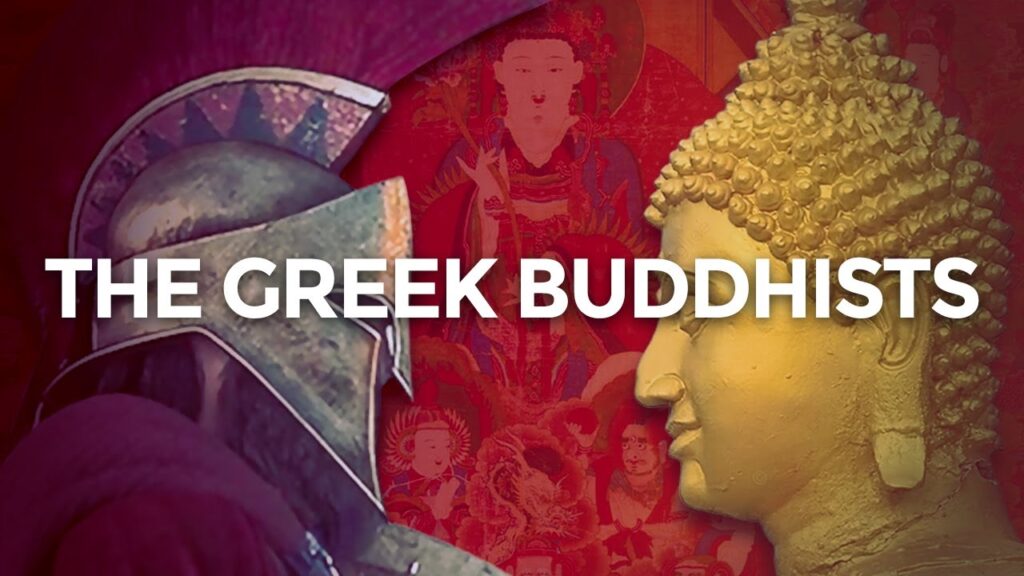Spoiler Alert: This text comprises potential spoilers for Andor season two.
Andor’s second and closing season concludes with a montage that provides us transient glimpses of its characters’ final fates. Collection namesake Cassian Andor absolutely embraces his position as a insurgent chief as he strides by way of the Yavin IV compound and leaves for Kafrene, heading instantly into the occasions of 2016’s Rogue One. (Not surprisingly, one intelligent YouTuber has already spliced the Andor and Rogue One scenes collectively.)
Season two standout Kleya Marki, as soon as frightened of touring to Yavin IV due to her covert (and controversial) work with Luthen Rael, appears to lastly settle for her new residence. Dedra Meero has misplaced every part; as soon as a rising star within the Imperial Safety Bureau, she’s now simply one other prisoner in an imperial gulag, and within the montage’s grimmest second, breaks down weeping at the hours of darkness. Lastly, Bix is again on the agricultural world of Mina-Rau. As she stands in the course of a golden subject, we be taught why she left Cassian as she comforts their younger youngster and appears wistfully off into the space.
Accompanied by Brandon Roberts’s evocative rating, this kind of montage is probably the one approach the collection may’ve ended, giving us some measure of decision whereas nonetheless acknowledging that the revolt, and the warfare, is way from over.
. . . Andor additional muddies the waters by making Perrin—to all exterior appearances, anyway—an honest and respectable man.
The entire varied characters’ scenes are hanging, however one second is especially haunting. After we see former imperial senator Mon Mothma now sitting amongst the rebels on Yavin IV, probably considering her life decisions, we reduce to a shot of her husband Perrin, who’s hovering by way of the Coruscant skies in an aerial limo, a distant look on his face as effectively. One other lady is asleep beside him, although, her head on his shoulder and a bottle of alcohol in her lap. As he passes by way of the scene, Perrin takes an extended drink, his complete demeanor radiating disappointment and remorse.
It’s a far cry from how Perrin is depicted within the previous episodes. Whereas his spouse is a pushed and idealistic senator from the planet of Chandrila (who additionally occurs to be secretly funding the burgeoning Insurrection), Perrin is vacuous, flamboyant, and decadent. He absolutely enjoys the consolation and privilege afforded by his spouse’s wealth and political place and does his greatest to keep away from something remotely disagreeable.
When Mon expresses political considerations, Perrin responds with a pained and annoyed “Should every part be boring and unhappy?” When he will get chummy together with her political opponents, he dismisses her objections, saying “You’re on the boring finish of the desk. These persons are enjoyable.” Perrin more and more turns into the epitome of an empty-headed fairly boy, and nowhere is that seen extra clearly then the toast he offers at their daughter’s extravagant wedding ceremony:
My hope is that you simply be taught to succeed in previous this fixed cloud of unhappiness. Pleasure. Gaiety. Amusement. These are the hidden issues. The music buried beneath all that noise… Pleasure… However pleasure has no wind at its again. Pleasure won’t announce its arrival. It is advisable hear for it and be conscious of how fleeting and delicate it may be. However get hold of these treasures. A second of pleasing sensation, the reminiscence of laughter and good firm, the consolation of a wonderful meal. And for me… For me, proper now, it’s the smile that I can’t cover as I see these two younger individuals sharing our biggest custom.
There’s some reality in Perrin’s speech. Laughter, good firm, a wonderful meal—these are all actually value celebrating. And true pleasure can, certainly, be fleeting and hidden and should typically be sought out. However for all of its reality, Perrin’s speech in the end reveals his shallowness. It reveals that for him, consolation and pleasure are all that basically matter; they’re the one issues value chasing and pursuing in life. Such a pursuit essentially precludes discomfort, wrestle, and hardship, all of that are troublesome to keep away from if one’s making an attempt to reside a life that the majority would think about good and ethical. And if one’s making an attempt to overthrow a galactic tyrant and his fascist forces, then such issues will likely be an absolute necessity.
Paradoxically, Perrin wasn’t all the time like this. Earlier within the collection, we be taught that he was the “academy firebrand” in his youth, one thing of a rabble rouser. However someplace alongside the way in which, that fireside, that spirit, that revolt leeched its approach out of Perrin’s spirit, and he surrendered himself to hedonism.
Perrin isn’t depicted as an outright villain. He’s no “area Nazi” like Dedra Meero, Orson Krennic, Lio Partagaz, or Dr. Gorst, neither is he obsessive about chilly bureaucratic element just like the tragically single-minded Syril Karn. Certainly, it’s not so laborious to think about how Perrin might need relinquished his firebrand standing. As he grew older, maybe he noticed which approach the galactic winds had been blowing and, reasoning that there’s nothing he can personally do to forestall Imperial oppression, determined to make the very best of a foul scenario. He merely opted to “attain previous this fixed cloud of unhappiness,” because it had been, and eat, drink, and be merry as greatest he may. Or maybe he simply obtained too used to the comfy lifetime of a senator’s consort, crammed with lovely individuals, lavish events, and a detailed proximity to energy—and who can blame him?
However Andor’s ethical imaginative and prescient is sort of clear: Perrin’s complacency is damning in its personal approach. He won’t be plotting unrest and slaughter on Ghorman, undermining the democracy of the Imperial senate, instituting terror and totalitarianism, or constructing an planet-destroying superweapon, however neither is he the type to care about such “boring and unhappy” issues or communicate out in opposition to them. Not as long as they don’t intervene along with his comfy life, that’s.
(Curiously, a scene was deliberate through which Perrin confronts Mon and divulges that he did, in truth, learn about her rebellious actions and stored silent, anyway—proving his worth and trustworthiness if she would have given him an opportunity. Though the scene was in the end reduce from the script, it actually would have added some fascinating depths to each Perrin’s character and his relationship with Mon.)
It’s simple to have a look at Perrin and Mon and say that we’d unquestionably be just like the courageous senator. We’d clearly communicate out in opposition to tyranny and readily sacrifice every part for a simply trigger. However Andor’s forceful storytelling and ethical readability implore us to actually think about the reality of that. For starters, it’s fairly clear that Mon’s sacrifices, like these of Luthen, Kleya, Cassian, and Vel, had been each expensive and really removed from simple. (Luthen gave his life, Kleya misplaced her father, and each Cassian and Vel misplaced their lovers.)
However Andor additional muddies the waters by making Perrin—to all exterior appearances, anyway—an honest and respectable man. He’s affable and charming, beneficiant and gregarious. He’s the type who pays his taxes, donates to good causes, votes the best approach, and clearly is aware of find out how to throw a fantastic occasion. In brief, he’s the precise sort of person who any society would need extra of. And if we additionally loved his standing and privilege, would we actually be so fast to throw that every one away for a lifetime of hardship, wrestle, and near-certain dying?
Andor’s closing montage means that Perrin nonetheless has his wealth and respectability. He’s nonetheless sporting fancy garments, ingesting costly liquor, and using in a flowery automobile—perhaps on his solution to a celebration or profit gala for the fallen Imperial “heroes” of Ghorman. He’s even obtained one other glamorous lady by his facet. In comparison with Mon, who’s now on the run from the Empire in a shabby, rain-soaked Insurgent base on a distant, insignificant moon, Perrin has misplaced nothing. Besides his soul, that’s. And by the unhappy, weary look on his face, he is aware of it, too.



